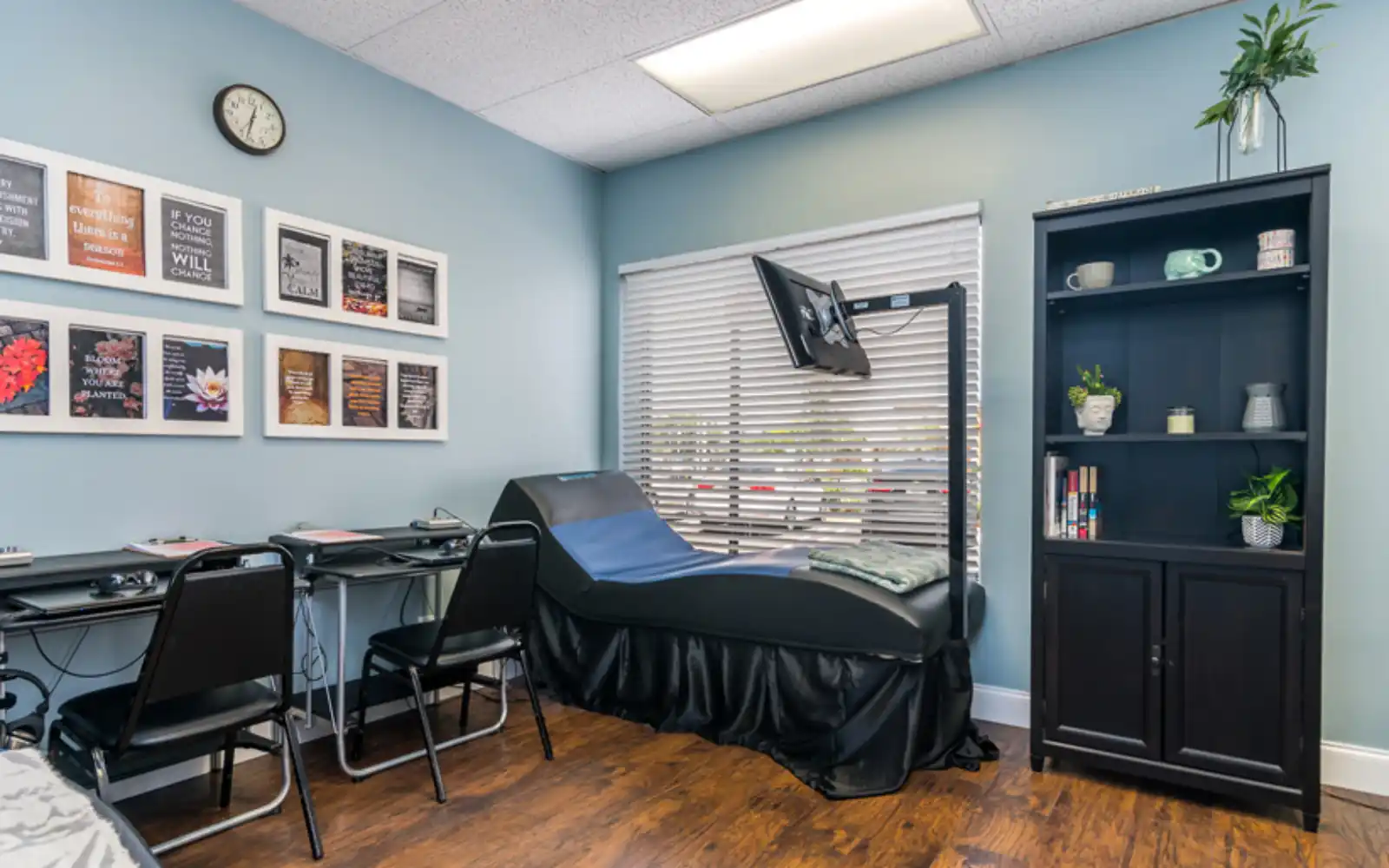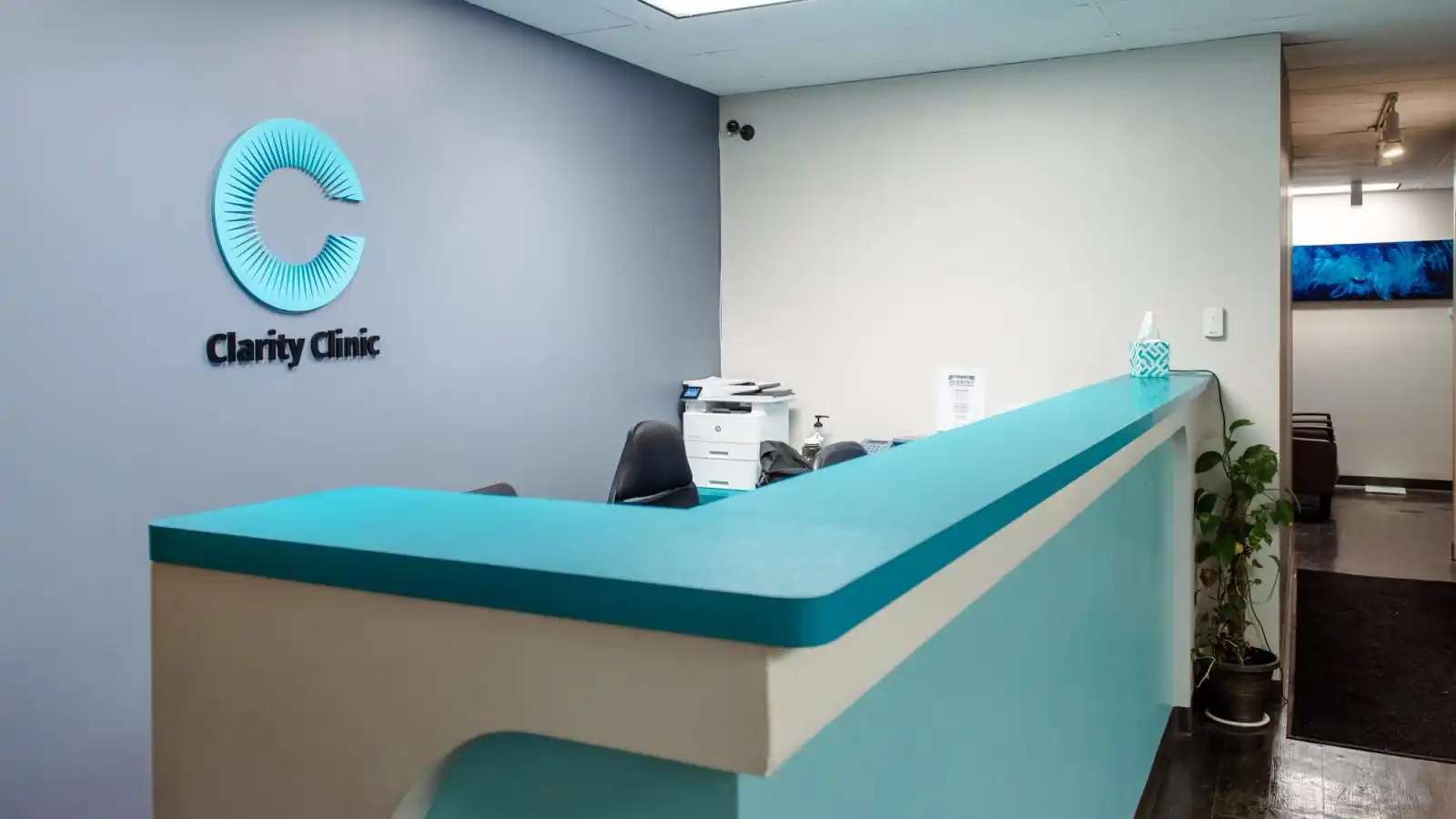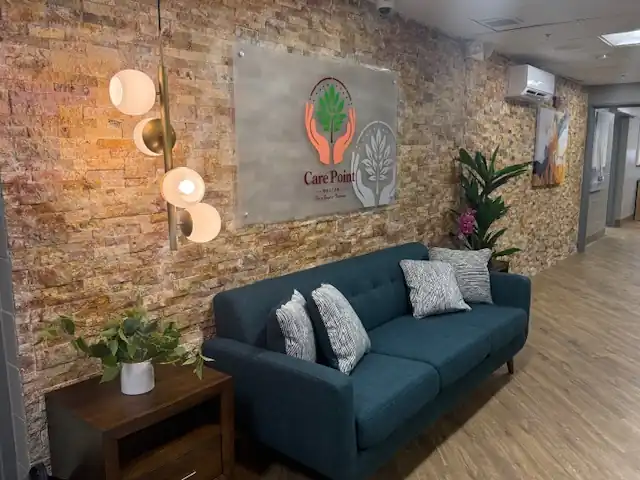Obsessive-Compulsive Disorder (OCD) Recovery Support
You are not crazy. You are not broken. You’re stuck in a cycle that feels uncontrollable and you deserve help grounded in love and understanding.
At TruPaths, we understand that OCD is not a personality quirk or something to joke about. It’s a very real condition that can cause distressing, intrusive thoughts and compulsive behaviors that feel impossible to turn off. Whether you’re silently suffering or trying to support someone you love, we’re here to walk beside you with compassion and clarity.









